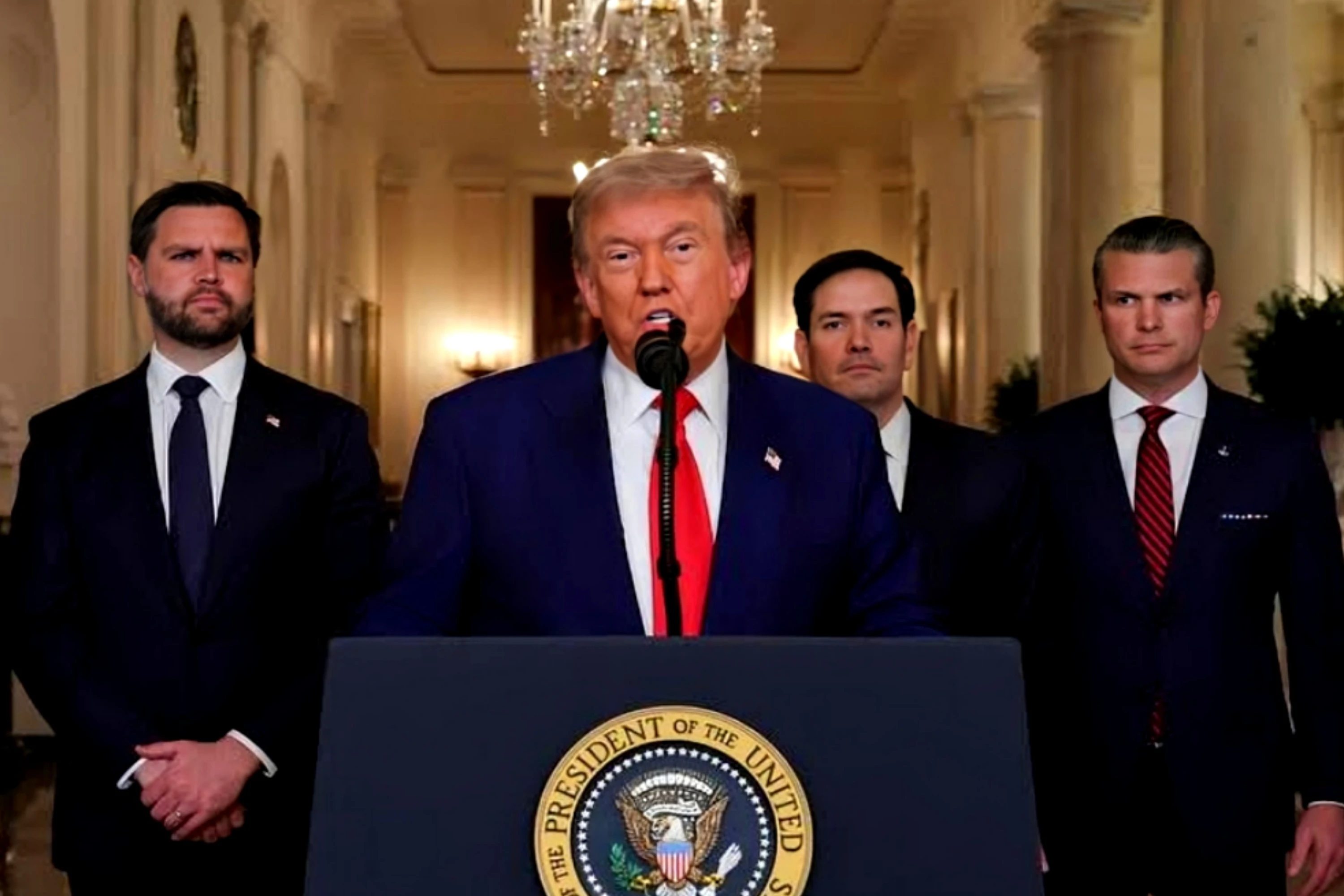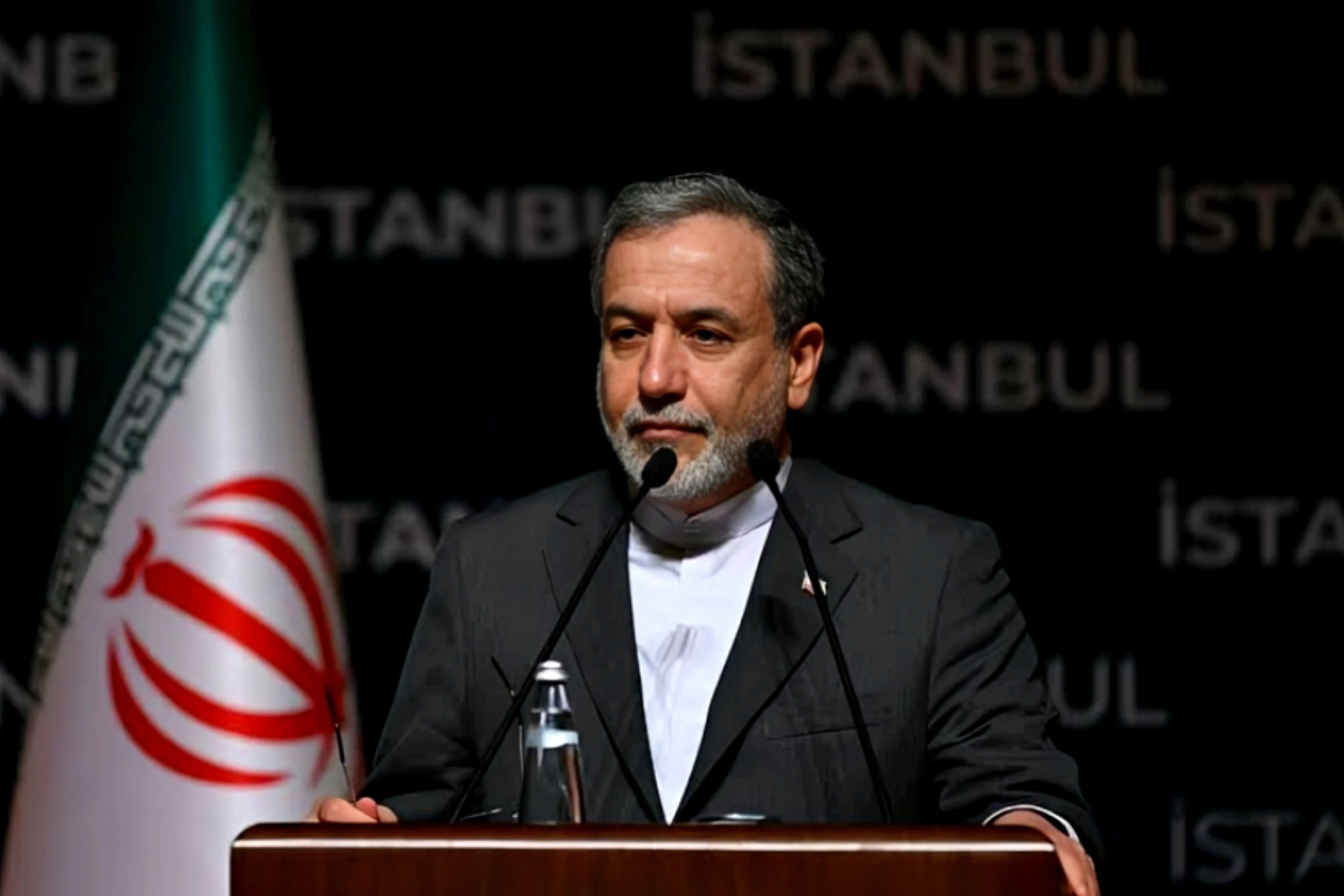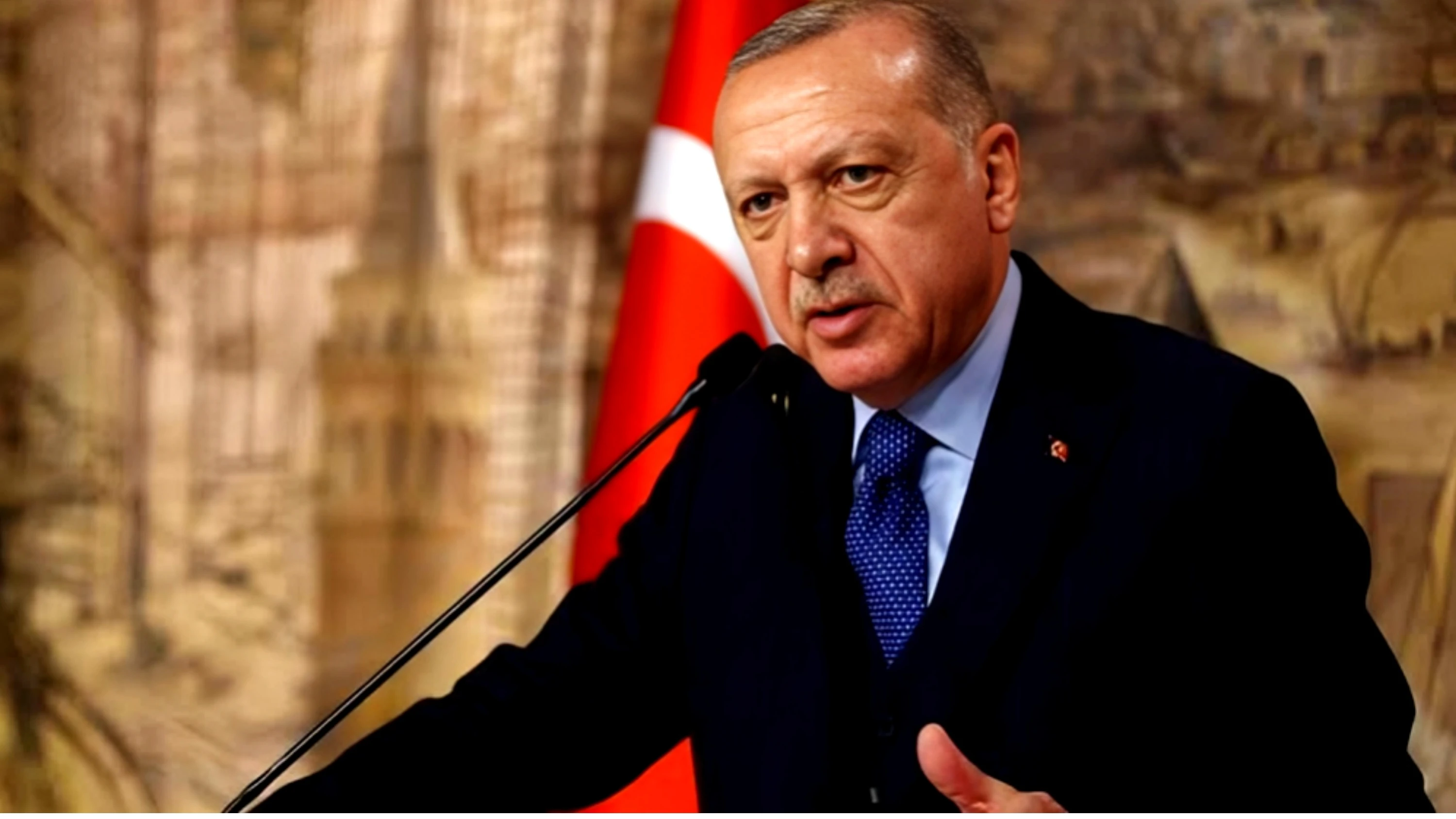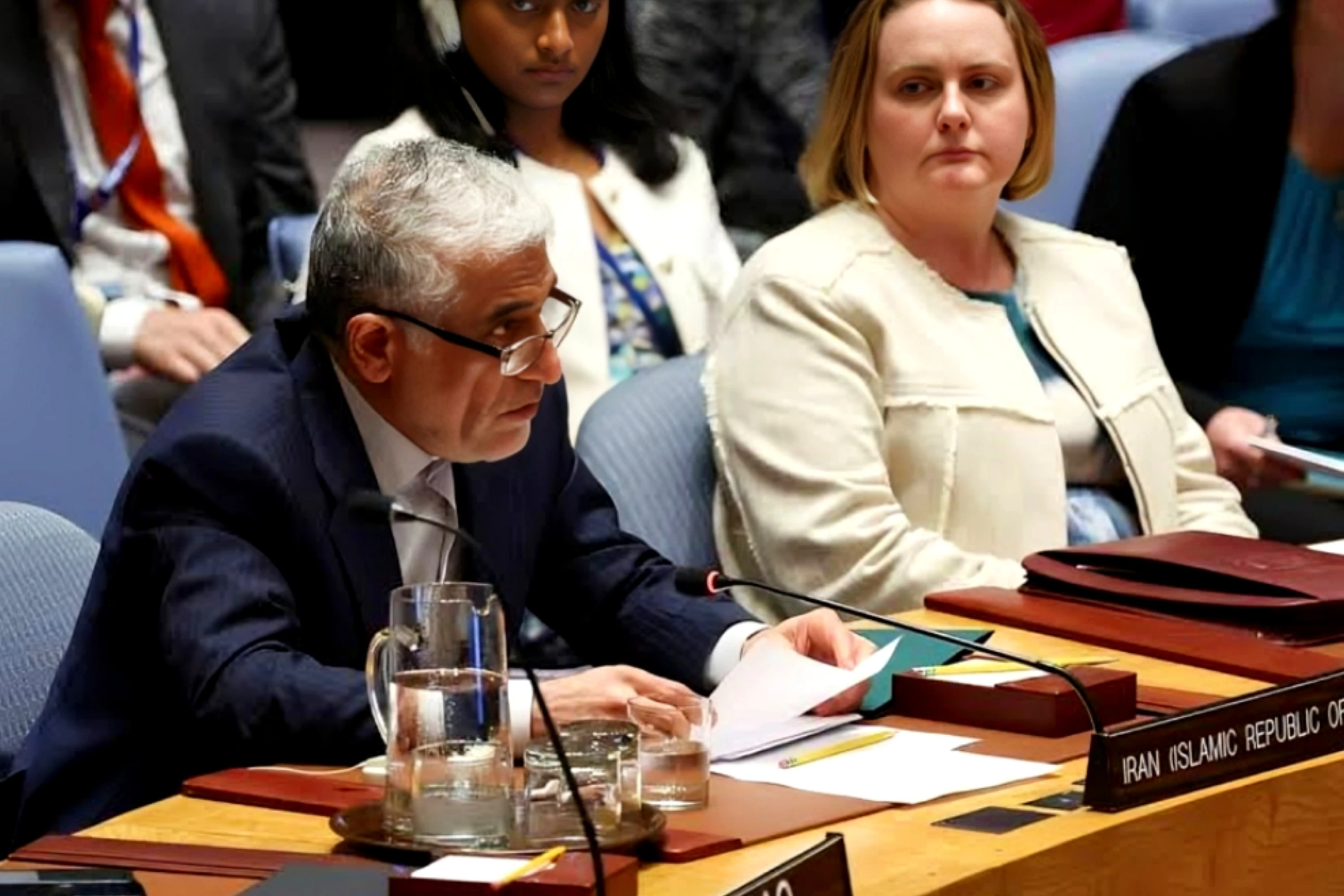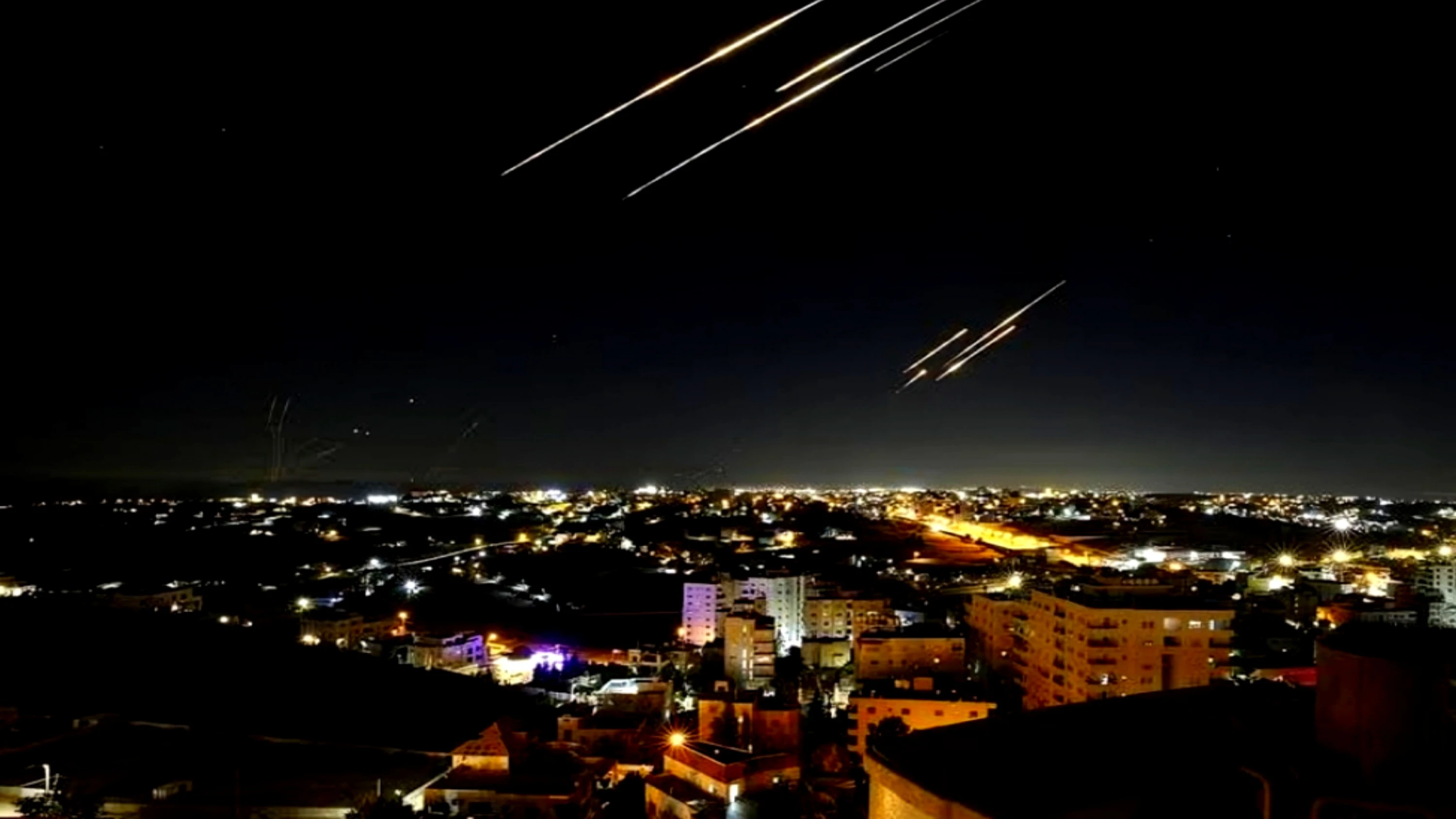Washington: In a dramatic escalation of Middle East tensions, U.S. President Donald Trump announced on Saturday that American forces have carried out strikes on Iran’s top nuclear facilities, aligning Washington directly with Israel’s ongoing military campaign against Tehran.
In a brief national address, Trump described the attacks as a “spectacular military success,” declaring that Iran’s main nuclear enrichment sites—Natanz, Isfahan, and Fordow—had been “completely and totally obliterated.”
The operation involved B-2 bombers and Tomahawk cruise missiles, with Trump confirming that six bunker-busting bombs had targeted the heavily fortified Fordow facility. “Fordow is gone,” the president later posted on Truth Social, emphasizing the scale of the attack.
While the U.S. has insisted it does not seek regime change and has reached out diplomatically to Tehran, Trump made clear that further military action remains on the table if Iran refuses to negotiate. “There are many more targets,” he warned. “If peace does not come quickly, we will go after them with precision, speed, and skill.”
The strikes follow more than a week of aerial combat between Iran and Israel, sparked by Israeli claims that Tehran was on the cusp of acquiring nuclear weapons. Iran maintains its nuclear program is for peaceful energy purposes.
Meanwhile, Iranian state media quoted the country’s nuclear authority as saying there was no radiation leak and that facilities had been evacuated prior to the attacks. One Iranian lawmaker downplayed the impact on Fordow, while others acknowledged some level of bombardment.
Israeli Prime Minister Benjamin Netanyahu hailed Trump’s decision, calling it a “bold move” that prevented Iran from acquiring “the world’s most dangerous weapons.”
The United Nations condemned the strike, with Secretary-General António Guterres labeling it a “dangerous escalation” and warning of dire consequences for regional and global stability.
As tensions rise, energy markets are bracing for disruption. Attacks on Iranian energy infrastructure and retaliatory moves around the strategic Strait of Hormuz have triggered fears of surging oil prices and a broader economic fallout.
Back in Washington, the airstrikes have reignited debate over presidential war powers. Critics from both parties argue Trump acted without Congressional authorization. Some Republicans supported the action but voiced concerns about the road ahead, while Democrats like Representative Alexandria Ocasio-Cortez described the move as “unconstitutional” and grounds for impeachment.
Even within Trump’s own political base, reactions were mixed. Prominent conservative voices like Steve Bannon and Charlie Kirk expressed support, but also urged Trump to provide a clearer rationale to a skeptical segment of his MAGA supporters who oppose foreign military entanglements.
According to Iranian state media, the conflict has already taken a devastating toll: over 430 deaths and thousands injured in Iran. In Israel, authorities reported 24 civilian deaths and more than 1,200 injuries since the hostilities began on June 13.
U.S. Defense Secretary Pete Hegseth is expected to provide further details at a Pentagon briefing on Sunday morning.
The strikes represent a significant turning point in U.S. foreign policy and could reshape the geopolitical landscape of the Middle East in the days and weeks to come.


